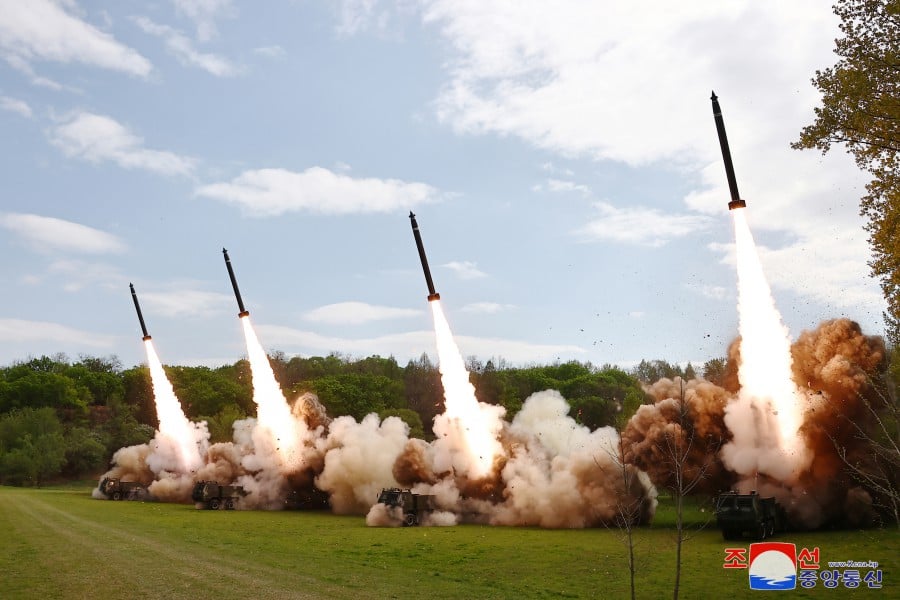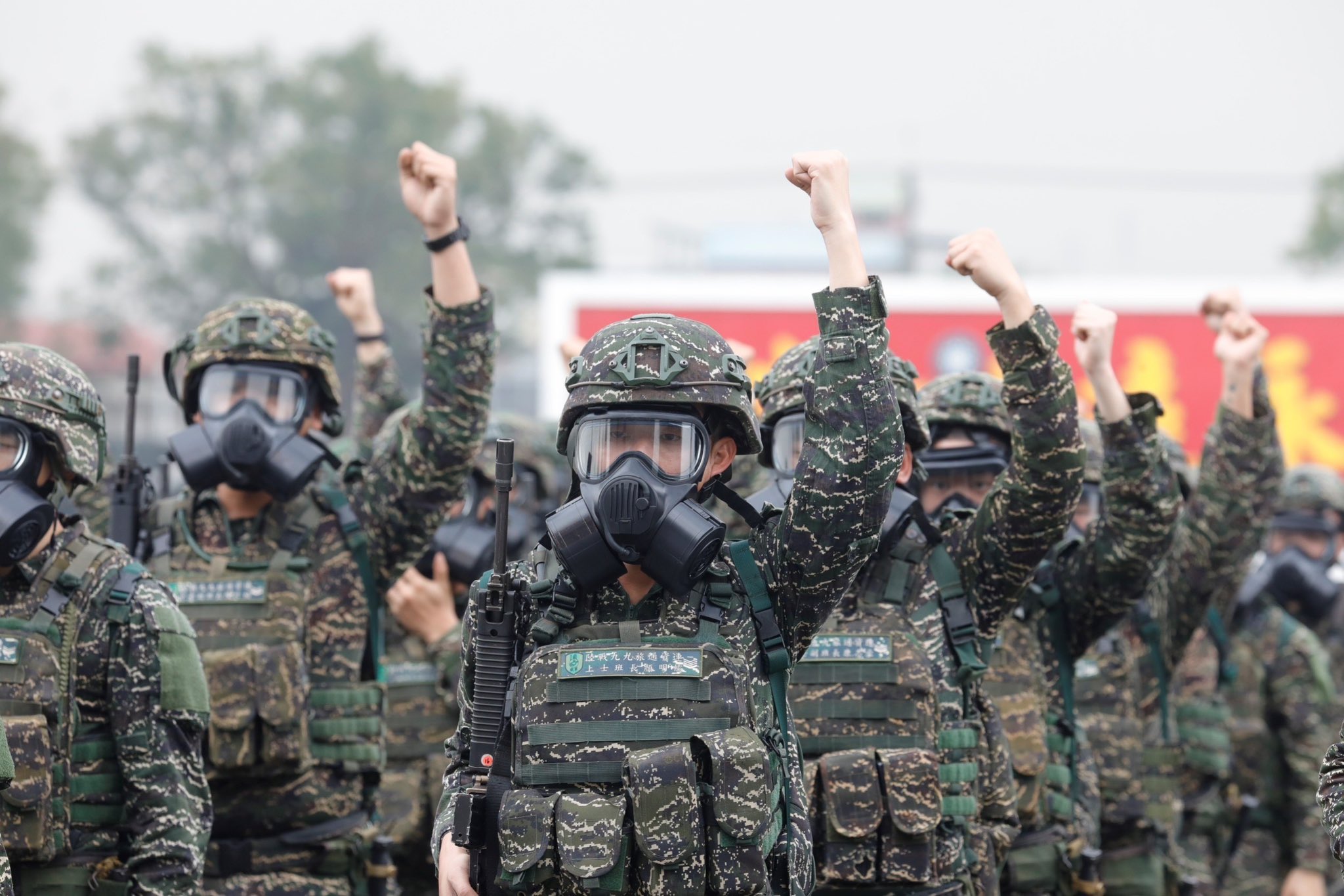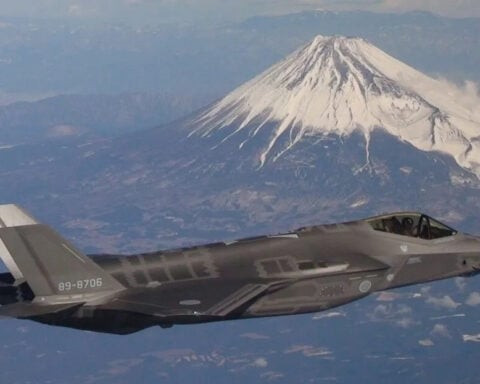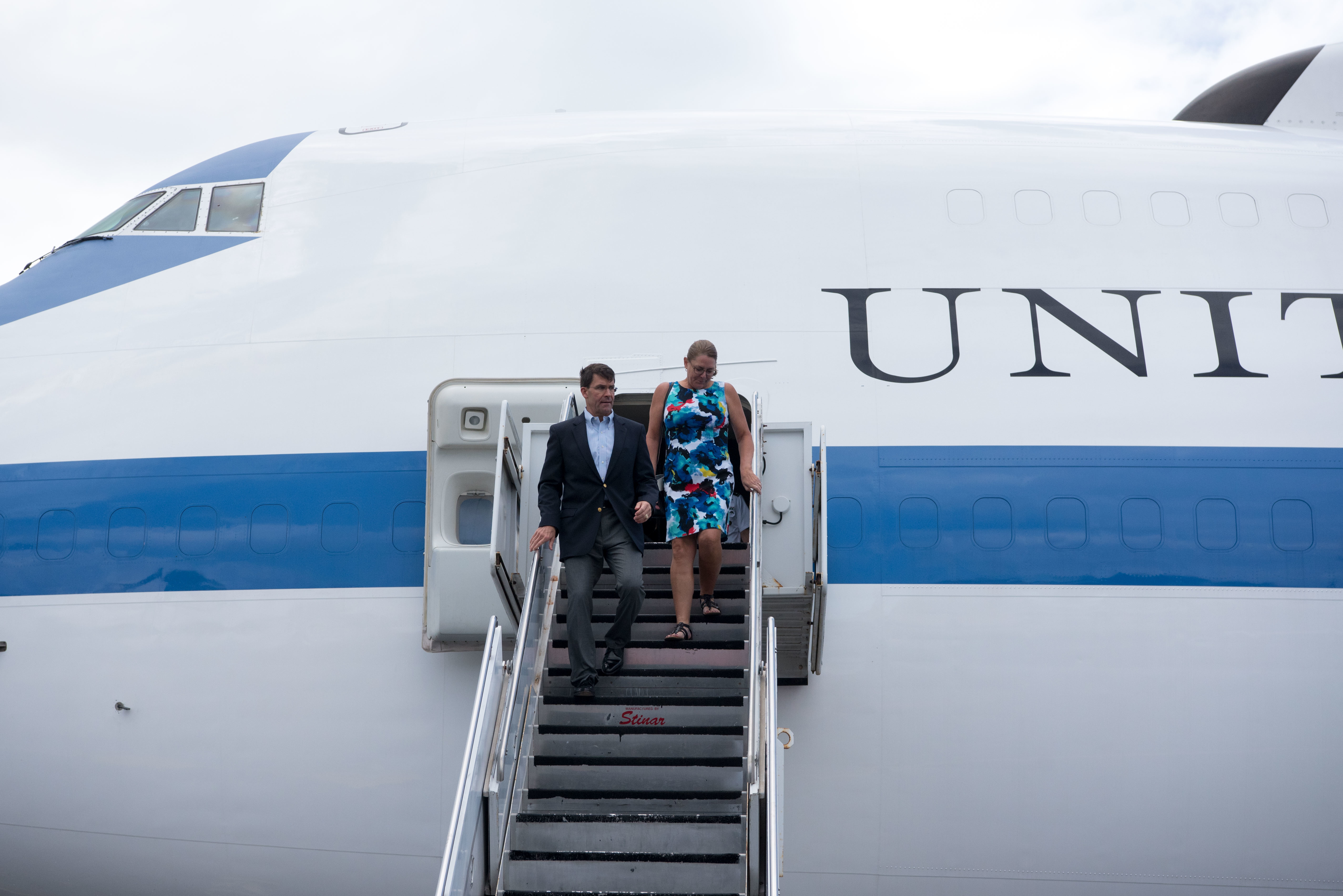
NEWPORT, R.I. – The Pentagon is evaluating how to expand its Indo-Pacific region presence, including freedom of navigation operations and adding new bases, Secretary of Defense Mark Esper said Tuesday morning.
Speaking to the student body of the U.S. Naval War College, Esper told the group of mostly lieutenant commanders and commanders that the challenges posed by Russia and China require new strategies and a commitment to the Indo-Pacific region.
“We must be present in the region. Not everywhere, but in the key locations,” Esper said during his first speech as defense secretary in an academic setting.
“This means looking at how we expand our basing locations, investing more time and resources in certain regions we haven’t been to in the past. It also means we have to continue to fly, to sail and to operate wherever international rules allow to preserve freedom of navigation for both military and commercial operations, whether it’s the Strait of Hormuz or the Malacca Strait.”
Esper said his first major trip as secretary was a tour of the Indo-Pacific region because of its significance. The Department of Defense Indo-Pacific Strategy Report, released in June, highlights the region’s significance and provides a synopsis of the Pentagon’s plans.
“The department is reinforcing its commitment to established alliances and partnerships, while also expanding and deepening relationships with new partners who share our respect for sovereignty, fair and reciprocal trade, and the rule of law,” the strategy states.
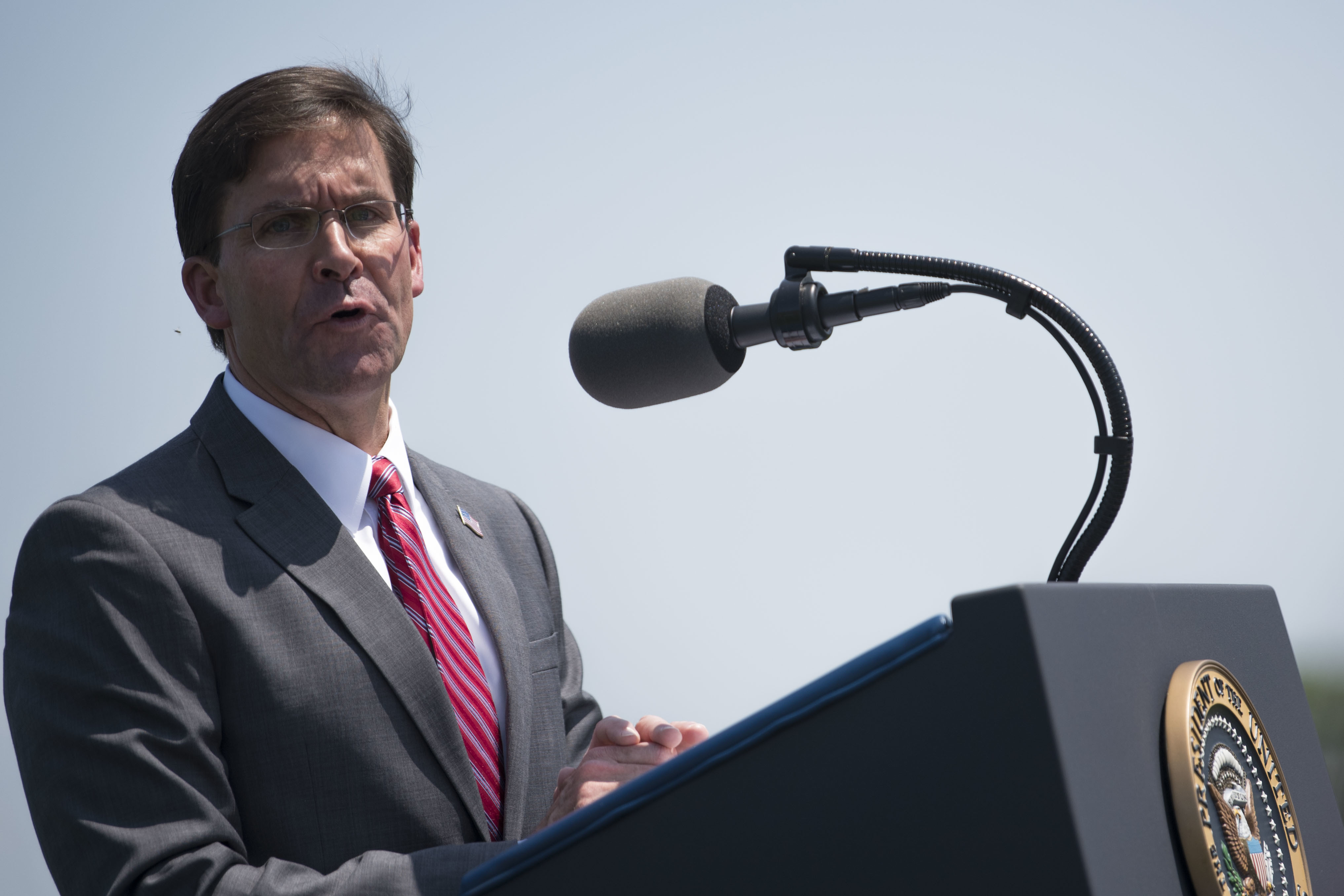
The Indo-Pacific stretches from the west coast of the U.S. to the western shores of India. More than half of the world’s population lives in the region, the report states. Seven of the world’s largest standing armies are in the region, and six nations have nuclear weapons.
Esper told the students they would be asked to develop strategies for facing the activities of Russia and China. Both nations seek to undermine the western global order established over the course of decades, and they seek to challenge the leadership of the world.
“As future senior leaders, you must have this larger context in mind because it affects how we organize, train and equip the force and certainly impacts how we deploy and how we posture ourselves around the world,” he said.


